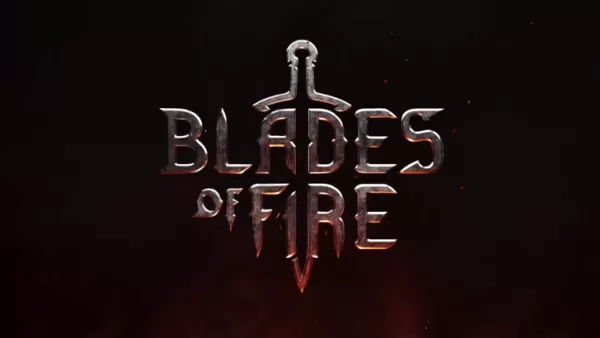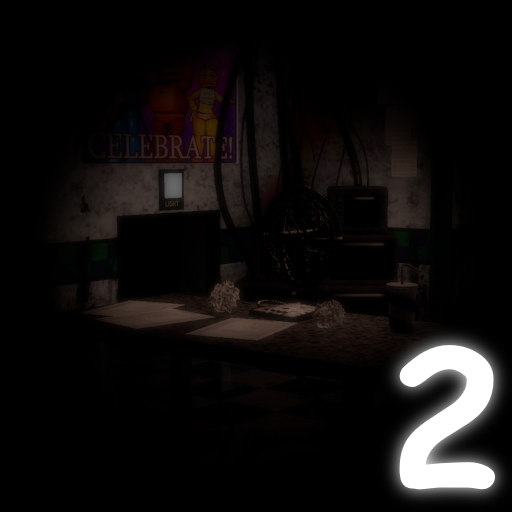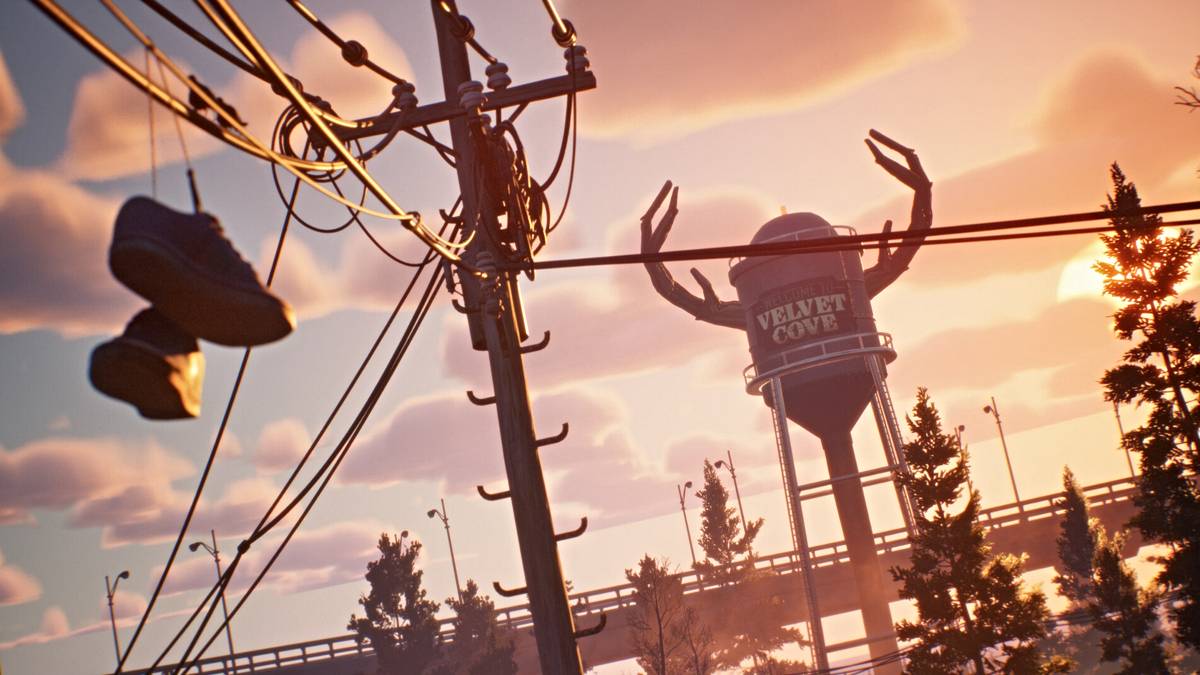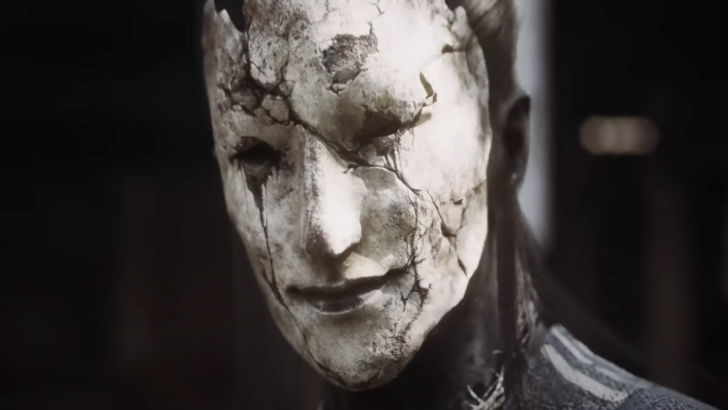Ridley Scott's Lost Dune: Unveiling a 40-Year-Old Secret
This week marks four decades since David Lynch's Dune premiered, a box office flop that later cultivated a devoted cult following. Its stark contrast to Denis Villeneuve's recent adaptation has fueled renewed interest in the franchise's history. This article delves into a previously unknown chapter: Ridley Scott's abandoned Dune project.
Thanks to T.D. Nguyen's discovery of a 133-page October 1980 draft within the Coleman Luck archives, we now have access to Rudy Wurlitzer's script, a top-down rewrite commissioned by Scott after Frank Herbert's unwieldy screenplay adaptation. This draft, clearly intended as part one of a two-part epic, reveals a drastically different vision than either Lynch's or Villeneuve's interpretations.
Wurlitzer's script, described by Scott as "pretty fucking good," offers a darker, more violent, and politically charged take. Several factors contributed to its demise, including Scott's personal grief, location disagreements, budget overruns, and the allure of the Blade Runner project. However, a key factor, as Universal executive Thom Mount noted, was the script's lack of universal acclaim.
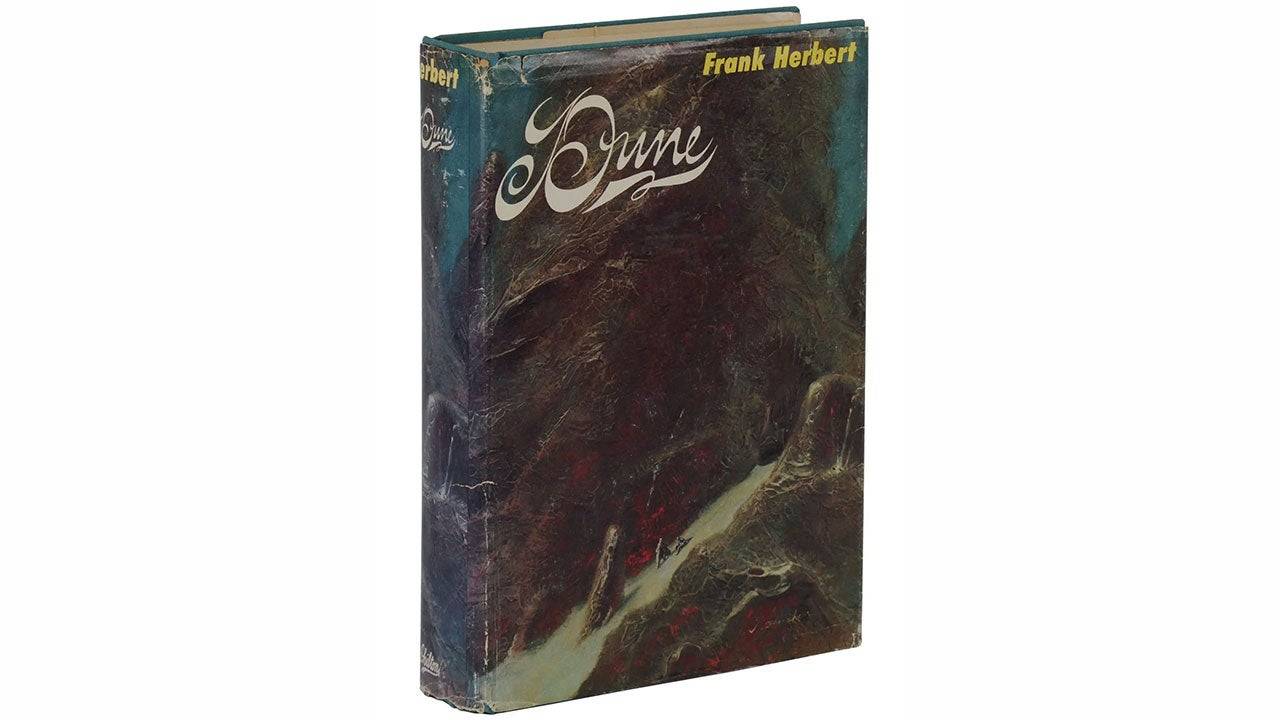
A Reimagined Paul Atreides
Wurlitzer's Dune opens with a dream sequence depicting apocalyptic armies, foreshadowing Paul's destiny. The script portrays a seven-year-old Paul, showcasing his psychic abilities and savage innocence through trials and confrontations. This Paul is far more assertive than Lynch's portrayal, actively taking charge and undergoing a rapid growth spurt from age seven to twenty-one, surpassing even Duncan Idaho in skill.
Stephen Scarlata, producer of Jodorowsky's Dune, notes the difference: "Rudy Wurlitzer’s version of Paul is far more assertive...Personally, I prefer Lynch’s depiction of Paul. There’s an added tension in believing Paul might defeat Gurney, only to realize he doesn’t. This vulnerability makes us feel more fear and concern for him."
The script introduces a pivotal twist: the Emperor's death, a catalyst absent from the novel, serves as the inciting incident. The ensuing power struggle and the subsequent events unfold with a heightened sense of political intrigue and brutal violence.
Key Differences and Similarities
The script features a strikingly different Navigator, a spice-mutated being visualized as an elongated, humanoid figure. The Atreides' arrival on Arrakis showcases a medieval aesthetic, emphasizing swords and feudal customs. The ecological impact of spice harvesting is highlighted, mirroring Villeneuve's focus on environmental themes.
A new action sequence depicts Paul and Duncan engaging in a brutal bar fight, a departure from the novel's more subtle approach to conflict. The script also includes a graphic depiction of the Atreides' downfall, featuring numerous deaths and intense violence. The Fremen are presented as a more hardened, less romanticized group.
The script omits the controversial Paul/Jessica incestuous relationship present in earlier drafts, a significant change that appeased both Herbert and De Laurentiis. However, it still retains moments of intense intimacy between mother and son.
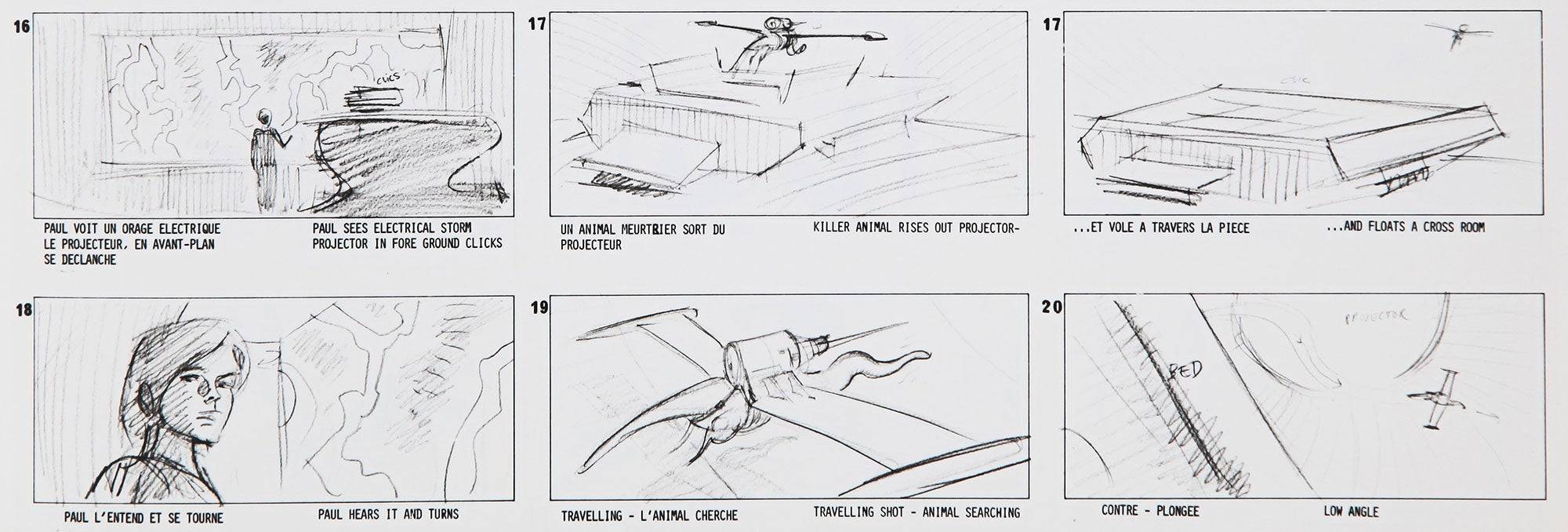
The Hunter-Seeker, a bat-like creature with a cobra's head, replaces the mechanical device of the book and other adaptations. Paul and Jessica's escape into the desert is equally intense, culminating in a dramatic crash landing and a close encounter with a sandworm. The Fremen's acceptance of Paul is depicted as a strategic alliance, rather than a purely spiritual awakening.
The script concludes with a Water of Life ceremony, showcasing a surreal and mystical element reminiscent of Alejandro Jodorowsky's vision. The ceremony's conclusion leaves Paul and Jessica poised to lead the Fremen, setting the stage for a potential sequel.
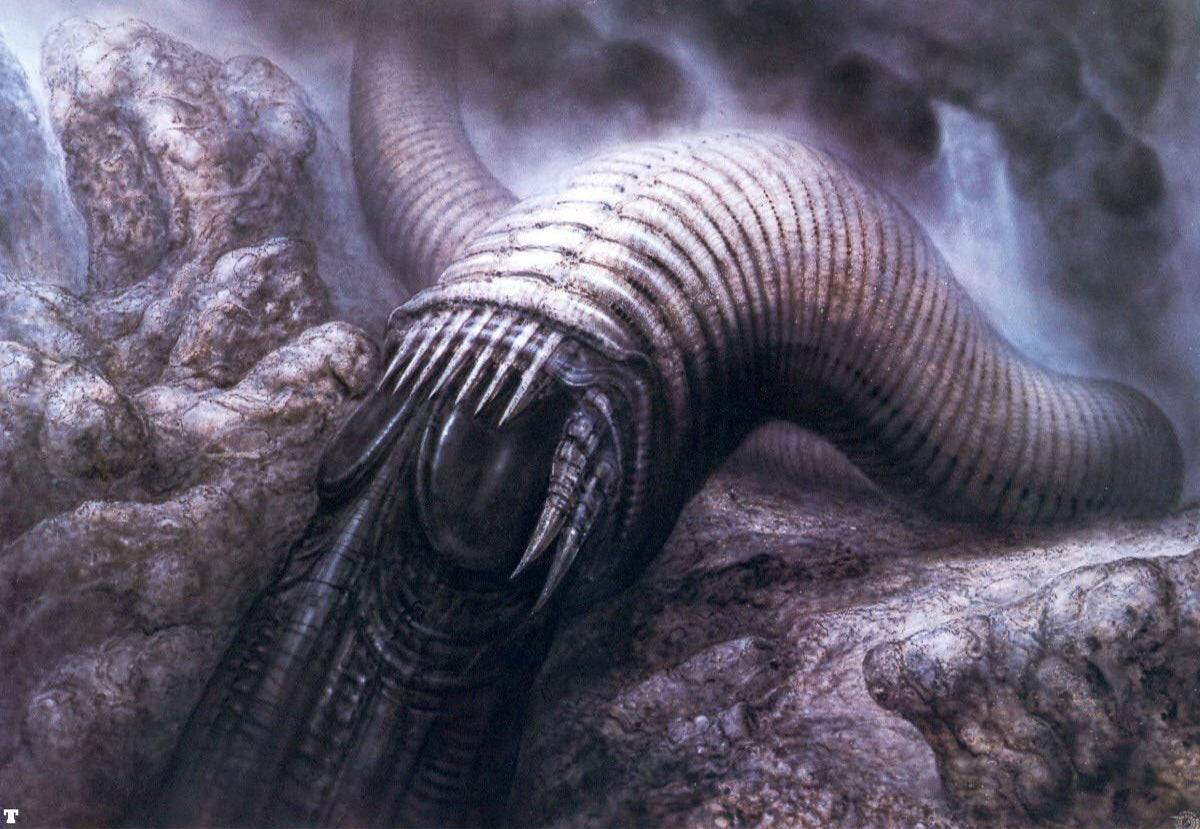
A Bold, Yet Flawed Vision
While Wurlitzer's script offers a unique and compelling interpretation of Dune, its deviations from the source material and its extreme violence likely contributed to its rejection. The script emphasizes ecological concerns and political complexities, but its dark tone and unconventional approach may have been deemed too risky for a mainstream audience in 1980.
The legacy of Scott's Dune remains a fascinating "what if?" scenario. While it never reached the screen, its influence can be seen in various aspects of Scott's subsequent work, and its existence enriches our understanding of the complex history behind this enduring science fiction classic. The script's focus on ecological themes and political intrigue remains strikingly relevant today, highlighting the enduring power of Herbert's vision.





